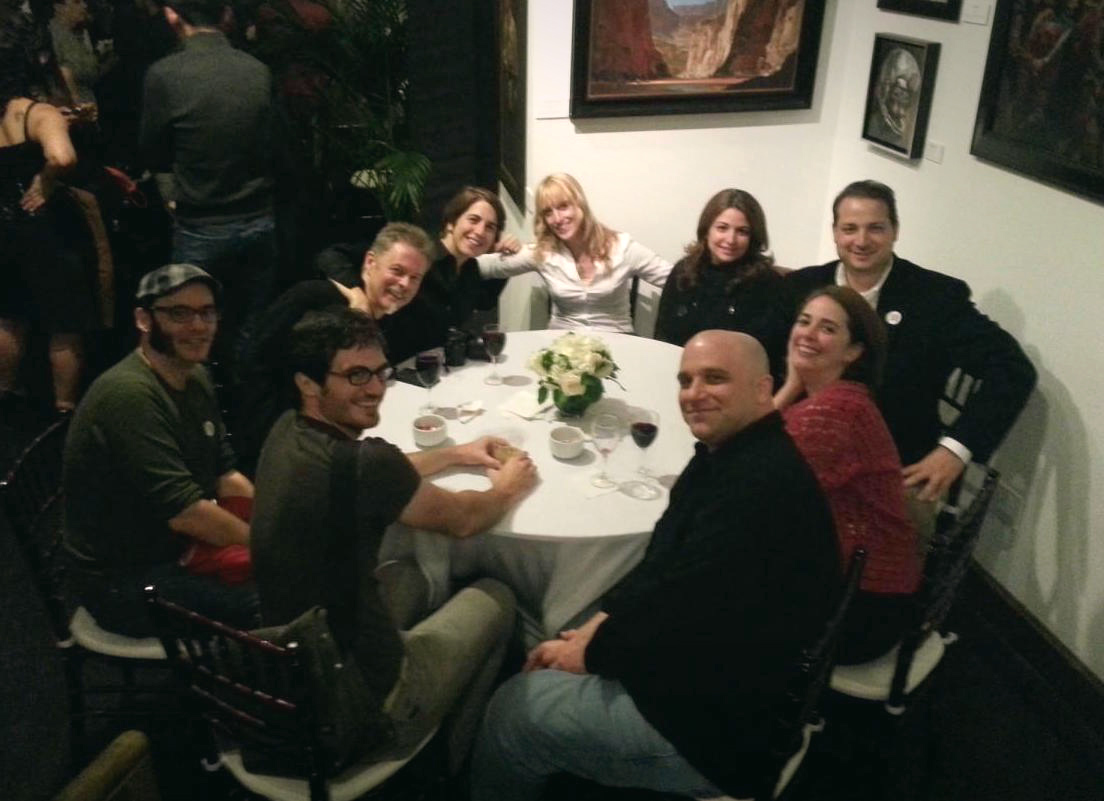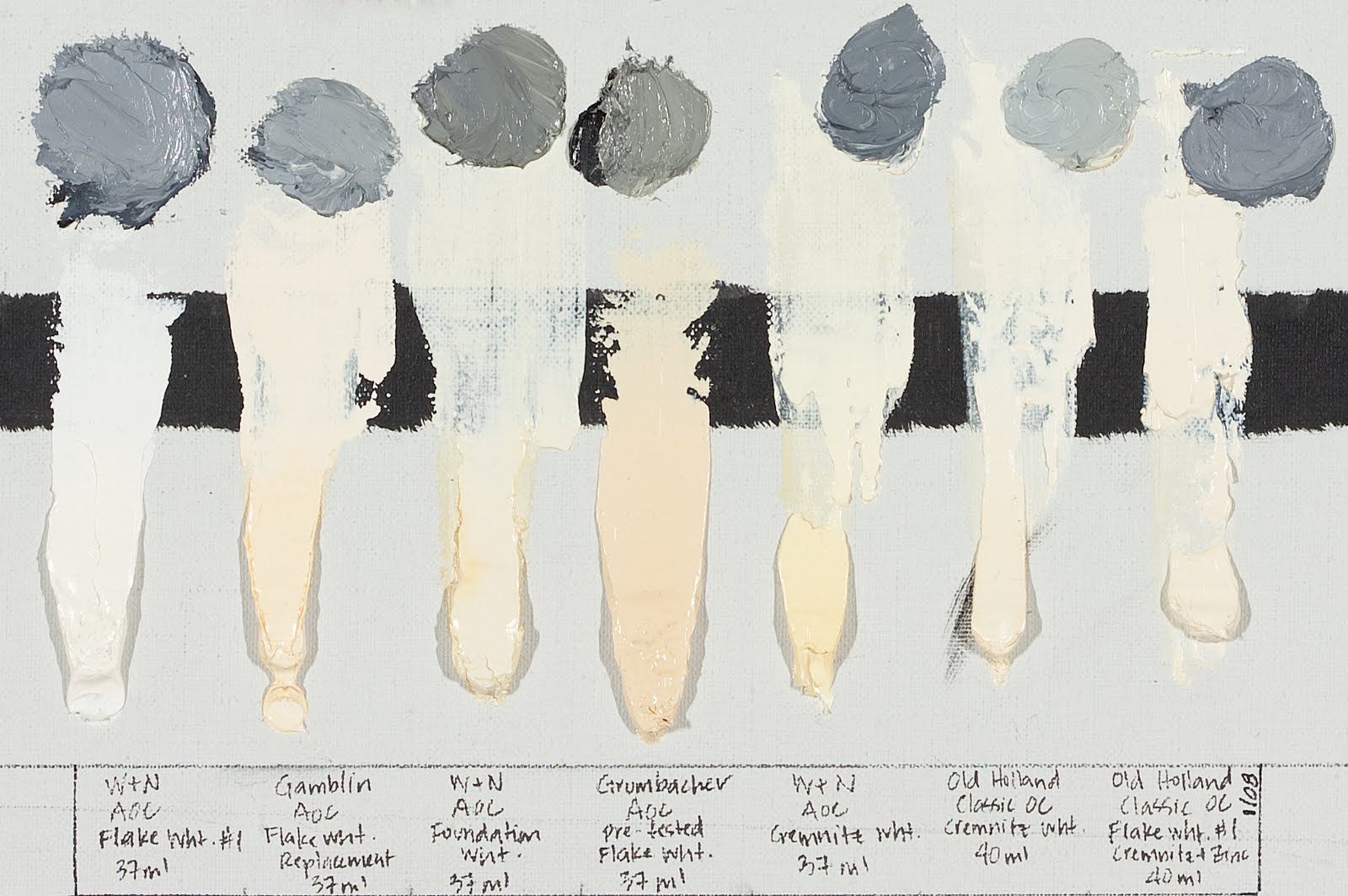Unfortunately, one of the most important aspects of running an illustration business is actually running a business. Amongst other things, this means everyone’s favorite past time… doing your taxes.
Many illustrators wait until April to even start thinking about their taxes, and then get a really nasty surprise when they find out they have to pay the government a ton of money. And although there is little you can do to avoid that completely, there are things you can do to help reduce that expense greatly.
The fiscal year ends in two days, so this is your last chance to rack up some deductions on your 2015 taxes.
If you’re an artist in the United States, anything you spend ‘making’ art gets written off your taxable income. That is, if you make $50,000 a year, but spend $10,000 on art supplies, you only pay taxes on $40,000 (This is called your ‘taxable income’). This can make a massive difference in what you owe, depending on how much you write off.
Although these things deductions need to be accrued in 2015, you don’t actually have to make use of them immediately. So even just buying this stuff today, regardless of it’s arrival date, still makes them valid deductions.
Fortunately, racking up a few deductions is a LOT more fun than actually paying taxes. As artists, we get to be a little creative about what we write off. Did you know that a comic book artists gets to write off comic books? Concept artists get to write off video games. In fact, there are a lot of things you might not think are tax deductible that really are.
Here are some easy and cost effective things you can do TODAY to help your financial burden come April:
1. Donate Money
And charitable donation to a non-profit organization is 100% tax deductible. There are even several art related charities like CBLDF, but you can donate to anything you want, be it a church or hospital.
2. Donate Old Clothes and/or Housewares to Goodwill
Studio getting a little cramped? Clear out some of those old closets and make some space! When you drop off donations to places like GoodWill, ask for a receipt. You will have to declare an estimate value on your donations, but you’d be surprised how quickly a few pairs up jeans adds up.
3. Buy that New Camera You’ve Been Wanting
Big expenditures like this are extremely helpful because they are split up and written off for multiple years. This is called ‘Depreciation’. Get a few overlapping at once, and it can make a massive difference in your taxable income. I try to buy at least one large ticket item each year.
4. Splurge on Art Books
Go ahead, do it! Knowing what your competitors are doing, or how they do it, is considered market research. So splurge a little and buy those books you’ve been wanting!
5. Sign up for a Workshop
This is one of my favorite deductions Not only is it a large one, but you truly gain something from it. People often overlook educational expenses. Personally, I try to do at least one workshop a year. Not only does it keep me growing artistically, but it sets a good precedent on your taxes. The workshop itself does not need to be attended in 2015 to be applicable, you only have to pay for it in 2015. Even the flight and hotel to get to said workshop are deductible.
Check out SmartSchool and TLC Workshop for some wonderful options.
6. Buy Some Instructional DVDs
Just like a workshop, these are considered educational expenses.
7. Hire a Model
Hiring a model is no different than buying a new canvas when it comes to the costs associated with making art. So why not hire a friend, or better yet, professional model for a quick year-end shoot? Even if you don’t have a specific painting in mind, you can should assorted reference, or take a few shots of paintings you hope to do next year.
8. Upgrade Your Computer
You don’t always have to buy a whole new computer to write it off, even the upkeep is deductible. So buying some new RAM, a new tablet, or even purchasing a new painting program are all great tax deductions.
9. Get a Massage
Seriuously? Seriously! Did you know that if your job requires that you look professional, you can write off gym memberships and clothing? This is much the same for artists. Sitting at your computer for 8 hours a day is unhealthy and reduces productivity. Getting a massage to work out those kinks in your back and wrists are legitimate expenses.
10. Buy Dinner for a Friend
Entertaining a business associate is probably the most enjoyable expense you can write off. You know that old art buddy or college roommate that you never seem to go out with any more? Call them up and take them out for dinner. Ask them what they’ve been up to, talk about the future of your careers, discuss those cool new art books you got for the Holidays… and then promise to do it again next year! The entire meal is a tax write off, and if you decide to pick up your friend’s tab too, even better!










Remember when I bought dinner for all of you that night at the Society? Just did it for the tax write off.
Great advice—and the books & magazines as write-offs for research has always served us well. Also if you have a home studio there are a whole batch of deductions, including a percentage of your utilities & phone, not to mention your internet costs. A good accountant is worth the cost.
One caveat, though, when it comes to business dinners: only a percentage of the total can be deducted and alcohol is almost always disallowed unless its part of some larger catered function. Blame the Mad Men and the three martini lunch bacon the the day for that exclusion. 🙁
^ yep, 50% of non-alcohol spending is my understanding for dinner write offs
What's the best way to keep track of deductions? I usually just look at my debit card statements and go by that but I feel like that's not the best method.
I keep a separate debit card just for art related stuff. That way, everything that's on that statement is deductible… No sorting.
100% is deductible if you are holding an office party for all employees/staff (offsite or on), that is not limited to executives/management only.
Please, when donating to a charity… Goodwill is not a charity but is a clever name for a second hand store. Seriously, it's true, look online for Jim Gibbons recieving more than 2.3 millions a year because people like you and me donate clothes to this store cause we are trying to do better. Look for a better charity.
Yeah, I prefer local options. The Salvation Army is better but has religious agendas, which not everyone will agree with, which is the only reason I mentioned Goodwill instead.
That's always been my understanding of it as well. It needs to be listed as an “entertainment” expense, not under “food”. That said, I've never actually listed how much of that entertainment expense was alcohol, so I could be wrong and it just never came up.
I consider our whole friendship a 'charitable contribution'.
Meals that are consumed immediately before, during or after business is conducted is a 50% write off. I eat out a lot and have used this deduction for years.
I do remember that dinner and how you ordered for all of us and all we ate were Manchess m&ms…
Even better, marry a woman with an accounting degree and the gift of gab. She'll every miniscule tax write-off AND bring in new clients regularly. I just have to sit and pretend to be an artist all day. I can't believe my luck!
I keep a completely separate account for my business which helps keep the books clean. I also write of research trips (eg: any time you go somewhere with your camera and take pictures that you may in the future, use for your art), DVDs, music, movie tickets, museum entrance fees, creative organization dues, all my competition entry fees and loads of other stuff. Basically if I can argue that the items were used as part of my creative inspiration, I write it off. If you can legitimately point to something and say, that inspired me in my art, then it might be a write off for you. I have found that not being shy about how I am inspired helps me define what is a legitimate write off.
Oh yes, what Arnie and Dave said… You have to eat no matter what, so you can't write off the whole meal…
I have a spread sheet to collect it all on too, cause my husband won't keep to one debit or cc.
Very much agree about the accountant advice. Several of the points above are wrong (when it comes to advice you generally get what you pay for).
Number 9 is essentially false. Which a professional conductor can write off his tuxedo and a police office can generally deduct gym costs, being an artist doesn't mean you can deduct your gym or dress shirts.
For Number 7, remember that if you pay them $600 or more you need to send them a 1099 in January.
For Number 3, you technically need to obtain the items before the end of the year and place it in service. You can also use Section 179 to write off the full cost rather than depreciate.
Remember that when it comes to Numbers 1 & 2, this is a tax deduction, but not a business deduction. If you don't itemize your deductions, you get no additional benefit. Also, if you donate old business items you have previously written off, like those art books suggested in Number 4, you get no deduction as they have no tax basis.
If you have questions, talking to a professional is the best bet.